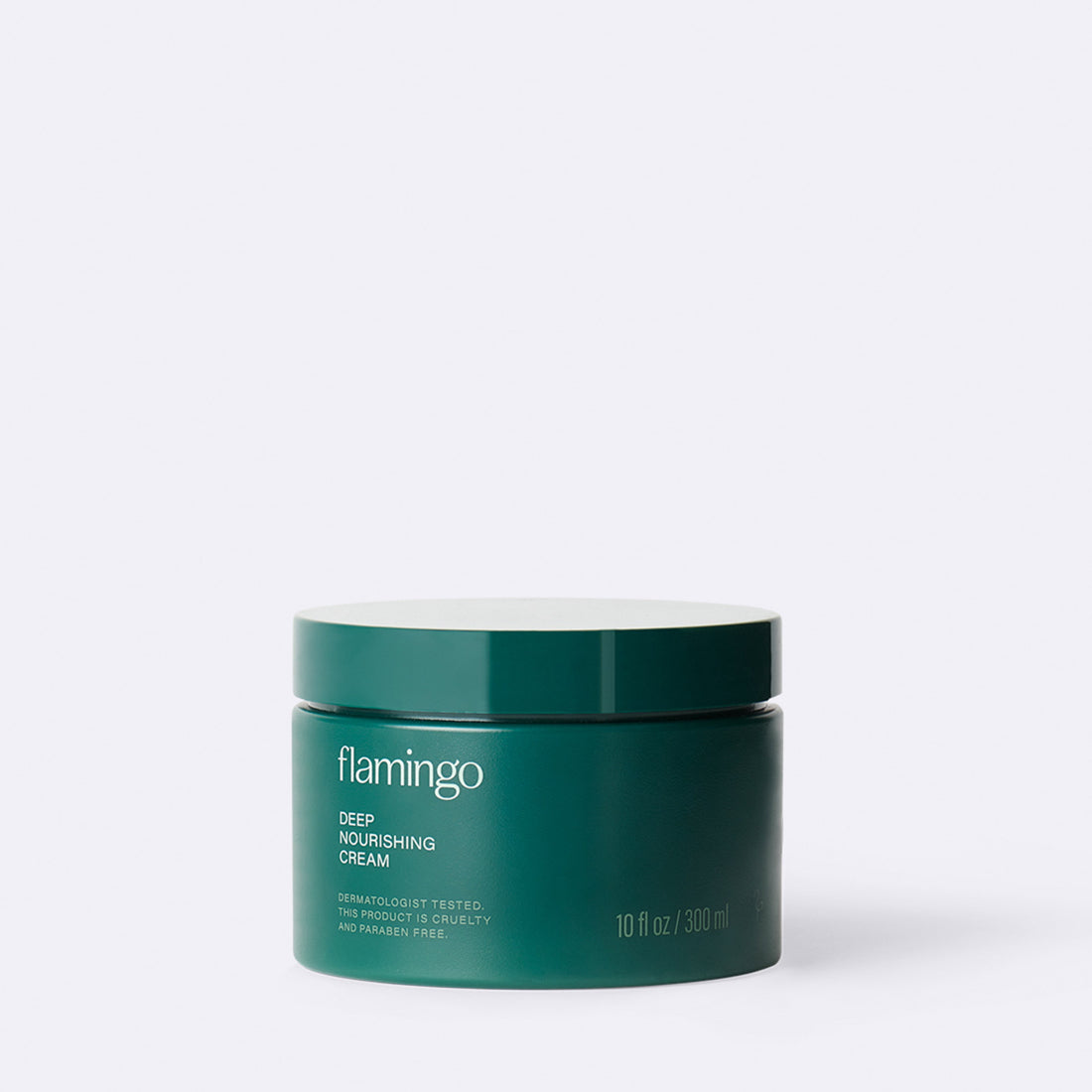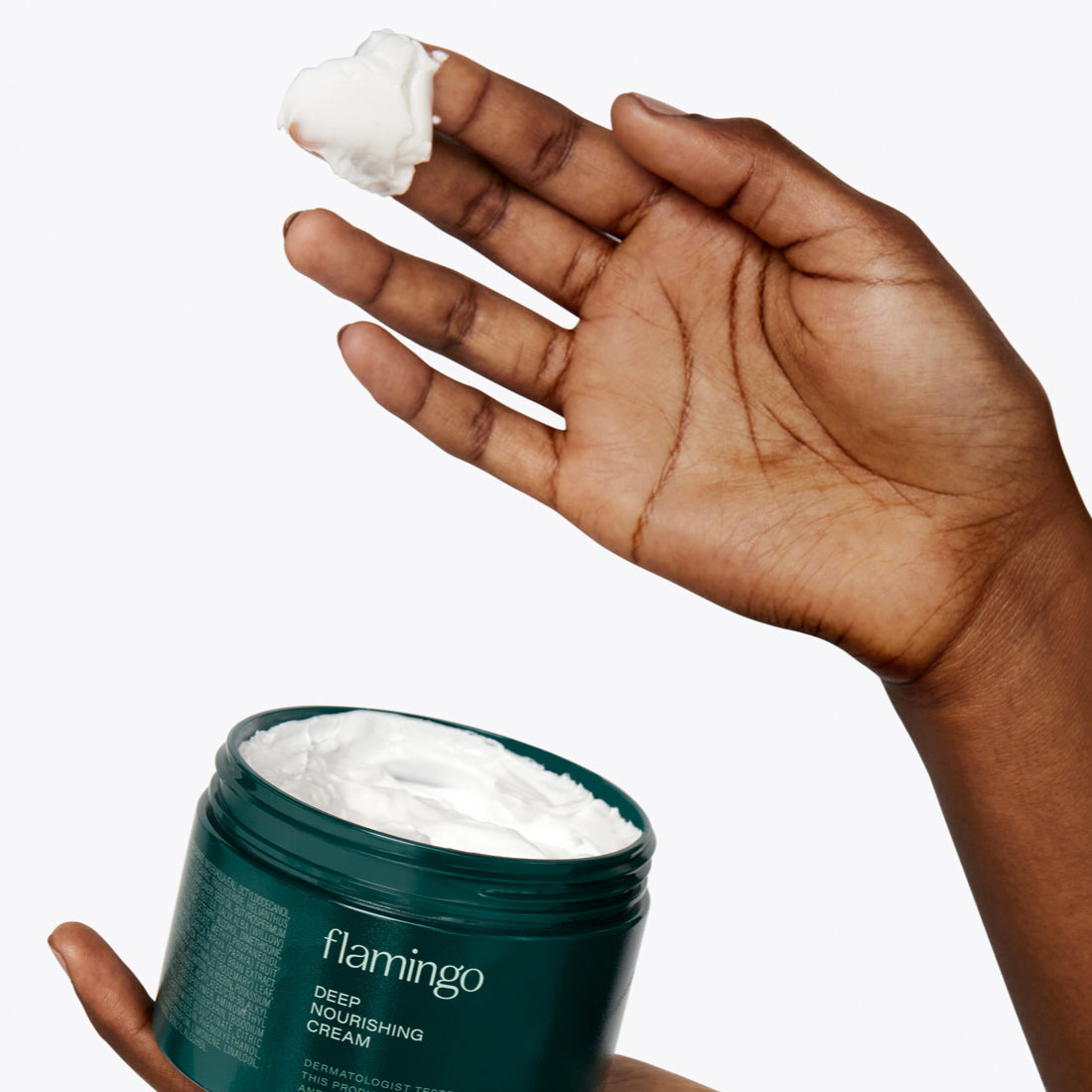What It Takes To Run The New York Marathon
By Demilade Adeboye
IN THIS EDITION: Flamingo’s own Demilade Adeboye shares how her journey to the NYC Marathon transformed her relationship with running and, ultimately, her confidence. She answers the question: What does it take to run a marathon? It’s more than just physical endurance, and we’re considering the immense mental and emotional strength required to train for a 26.2-mile race.
OUR BRAINS ARE COMPLEX SYSTEMS I’m asthmatic, so running always felt like a punishment, something designed to remind me of what my lungs couldn’t do. I loved sports like swimming and tennis, but I could only last short bursts before feeling like I was trying to inhale mud.
By the time I got to college, my doctor recommended I start running more regularly as a way to build lung strength since it was clear I was too old to outgrow my asthma. I reluctantly started, hurriedly and painfully, but eventually realized that pacing myself made all the difference (a revelation that every seasoned runner probably saw coming). One run turned into two, two turned into weekly runs with my mum, and somehow now I can’t go more than a couple days without needing to run. But if you’d told me at that doctor’s appointment that I’d be running a marathon, let alone that I’d be excited to run a marathon, I’d have dropped my inhaler in shock.
Training for the NYC marathon has been humbling. I’d run half marathons before, but I used to obsess over hitting time goals so much that I killed my own joy. Every run was a test, and if I didn’t beat my last time, I’d spiral. This time, I’m giving myself grace and focusing on growing stronger week to week. A huge part of that shift is thanks to my run coach, Toni.

Toni’s a friend who happens to be a certified running coach and she’s easily the most patient person I know. I’d never worked with a run coach before, but giving control of my training plan over to someone else forced me to commit to the process instead of micromanaging every mile. She builds my workouts each week: five runs total, usually a mix of easy runs, a tempo or hill workout, one midweek long run, and a monster long run on weekends (usually with friends from our run club). After every run, she texts to check in: asking how my legs feel, reminding me I’m strong, and congratulating me for showing up even when I’m limping through the miles. When we’ve run together, she would often encourage me, “You can do anything for a mile.”
That’s become my training mantra: You can do anything for a mile. It’s how I’ve gotten through 18 weeks of early alarms, sore legs, and enough electrolytes to fill the ocean. It’s also how I’ve learned to be kinder to myself, to appreciate what my body can do, rather than fixate on what it can’t.
On November 2nd (yesterday!!!), when I’m about to take my first strides across the Verazzano Bridge and start the marathon, I’ll probably be in tears. I’ll think back to my very first runs with my mum, back when I’d have to stop after a couple of miles, grasping for my inhaler because my lungs started to close up. I’ll think about Saturday long runs with my club (North Brooklyn Runners), finding a way to laugh through sweltering summer heat and blustering winds. I’ll hear Toni’s voice in my head, reminding me that I’ve already done the hard part: showing up, over and over again. The truth is, marathon training didn’t just make me a stronger runner. It made me a more confident person. It reminded me that consistency is its own kind of magic, discipline doesn’t have to be a death sentence, and confidence isn’t built in one big moment, but mile by mile. That being said, I am very excited to not have to wake up at 4:30 three times a week anymore.
 |
Demilade is a runner and sweet treat enthusiast from Lagos, Nigeria. She loves to bake and play the piano, and she’s on a quest for New York City’s best gluten free pancakes. |



